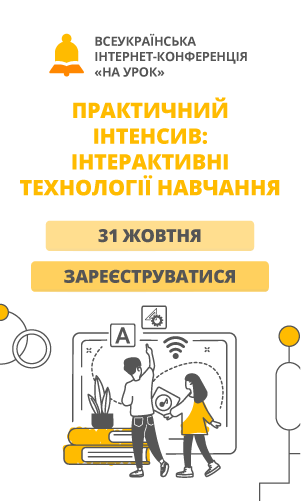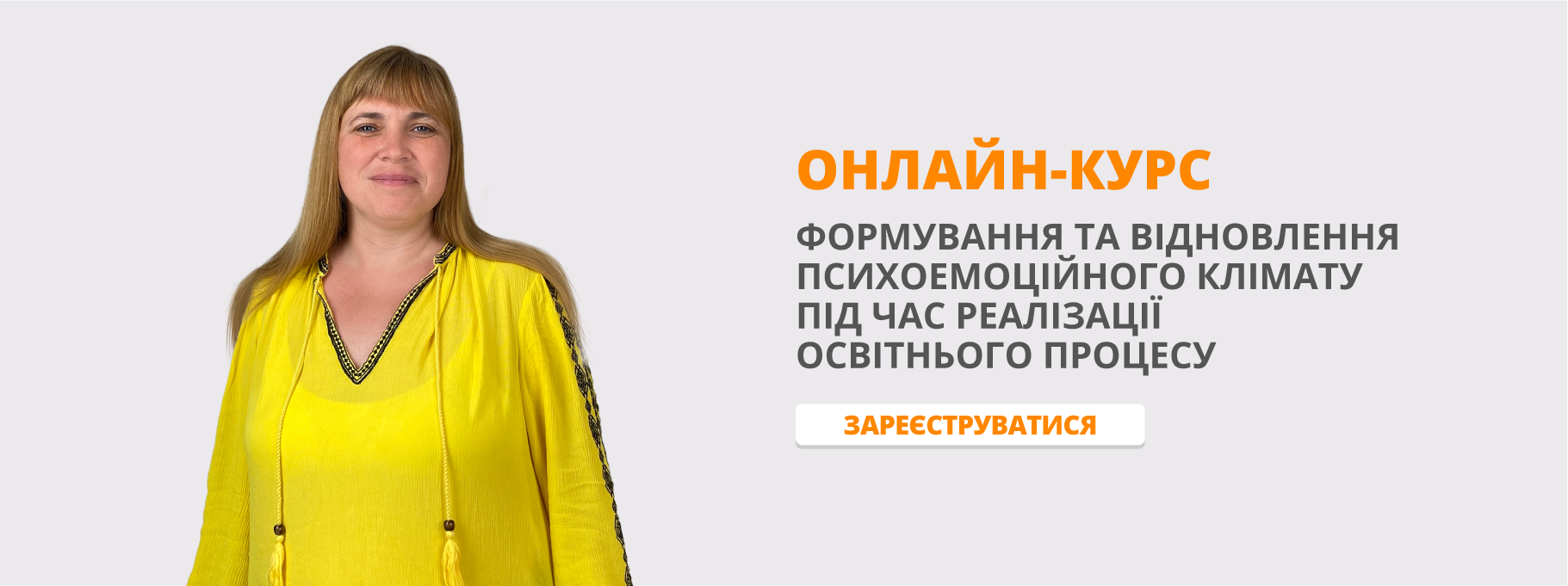Урок Тема: Стосунки в родині
Topic: Relationships in the Family /10th form
Subtopic: Psychology
Level- intermediate
Тип уроку – закріплення та застосування знань, вмінь та навичок
Змістова лінія - Громадянська відповідальність ( висловлювати своє ставлення до культури, звичаїв і способу життя народу – носія англійської мови)
Objectives:
1) to extend Ss’ knowledge on lexical areas and revise language
taught at the previous lessons;
2) to provide tips on how to retell the text;
3) to make the authentic material accessible to students;
4) to develop speaking and listening skills for each communication
task;
5) to develop writing skills;
6) to teach Ss to understand the value of the family;
7) to encourage Ss to express their opinions on family relations.
Resources used: mind-maps, an episode from the video “The Cinder Path”,
25 copies of cards for listing family values
Procedure
I. The beginning of the lesson.
The teacher presents the topic, subtopic, main objectives of the lesson and its motto: “The family is a shelter from the storm…a friendly port when the ways of life become too wild.”
II. Warming up Activity.
T: We’ve discussed our topic for four lessons and, of course, you know the main information on it and will be able to answer some questions.
(T-P1P2)
T: 1) What do we mean when we use the word ‘family’?
2) Which of the members of your family do you appreciate most and why?
3) Is our society traditionally based on a nuclear family?
4) What was the typical family fifty years ago?
5) And what about the mother?
You mentioned traditional old families but there’s always an alternative to what we have or had. I made up my mind to write a discursive essay about modern families but couldn’t always match the words. Help me do it right now.
Many modern families live… (rather differently) and because of this
some people think that the family unit is…(dying) and society… ( is
being weakened). Many couples still get… ( married ) but others live
together without… ( getting married). A few years ago, couples living
together usually got married when they wanted… ( to start) a family, but
this happens… ( less) now. Another trend is the size of the average family
is… ( shrinking).
III. The main part of the lesson.
- Checking up home task. – Ex. IV p. 25 (Language Portfolio: Reading)
T: You’ve read the text “What Makes a Family?” Psychologists from
different countries express their views about relationships in the families.
Using mind-maps talk on behalf of them as their representatives. Listen to
each other to complete the cards listing family values.
Sam Brighton (the USA)
Susan Bricks (Australia)
Paul Rivers (Canada)
Sarah Simon (Great Britain)
Olga Kovalenko (Ukraine)
(Ss talk on behalf of the psychologists then read their lists of family values)
- Working through the video “The Cinder Path”
Before watching
T: There are a lot of articles on the role of fathers in families. According
to the recent survey all the fathers can be organized in 4 groups:
Enforcer Dad
Entertainer Dad
Useful Dad
New Dad
(describing the types of fathers)
While watching
Task: Decide which type of fathers Mr MacFell belongs to.
After watching
T: 1. Which type of fathers does Mr MacFell belong to?
2. What does “cinder” mean?
3. What do you think of Cinder path as a way of punishment?
(“cinder” (usually plural) means a very small piece of burnt wood or coal;
“cinder path” was a traditional way of punishment in Great Britain)
IV. Summarising.
T: What was the most interesting information you learnt at today’s lesson?
Did you enjoy watching the film?
Evaluation.
Home assignment: Write an essay about your father, decide which type
he belongs to.


про публікацію авторської розробки
Додати розробку
